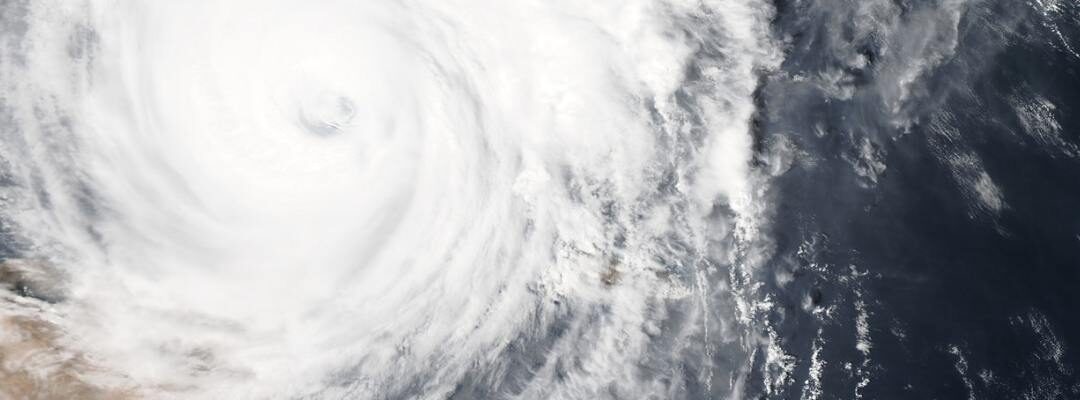THE CONNECTION BETWEEN MENTAL ILLNESS, PTSD, AND NATURAL DISASTERS
It happens every year. Around this time of year, the East Coastal United States is subjected to the constant threat of strong, powerful, rotating storms called hurricanes. This year, has, however, been noticeably different. The hurricanes have become stronger, more powerful, and more frequent than in recent years. The Atlantic Hurricane season is on pace to break the 124-year record of the number of storms and hurricanes. While climate scientists and the president debate whether global warming is the cause of this, let’s examine the very human side of the conversation that is rarely discussed: How does one cope in the aftermath of a natural disaster?
Too often, we see the extended hurricane news coverage for a few days, then they move forward on the next top story. But being the survivor of a natural disaster brings on a unique form of depression and mental distress. One can become depressed due to the amount of loss as a result. This loss can include possessions, security, and life. They can also have survivor’s remorse (guilt about still being alive, if others have died). As Hurricane Irma whipped through the Carribean, it literally destroyed whole island nations (including Barbuda which was decimated after making landfall). This has caused many people to suffer from post-traumatic stress disorder or PTSD. Those who suffer from PTSD can have recurring nightmares, flashbacks, and/or become hypersensitive (becoming triggered easily). Imagine having these symptoms, and yet, still assigned the arduous task of putting your life back on track. So, the mental health challenges faced by survivors of a natural disaster is something that requires more care and attention.
With so much negative stigma about mental health, it is no wonder it is rarely talked about. Changing the way the person views him/herself is key. There is something empowering about calling the person a “survivor” and not a “victim”. Also, it is important to acknowledge that their response is very “natural” for someone who has experienced loss and grief from the disaster. As social workers, it is important to keep this in mind. Many times, social workers focus on restoring material things, and neglect to even ask about the mental health of the individual. Linking to resources to get homes back in order is very important, but we have to keep in mind that he/she may be having a very natural PTSD response and this should also be addressed.
By Delmar Devers, Painted Brain intern. You can visit his blog at SingingSocialWorkerBlog

